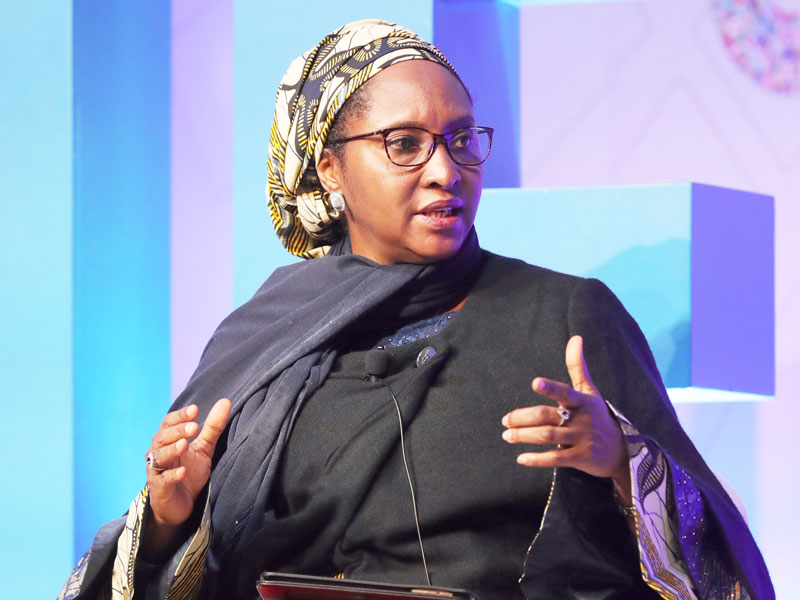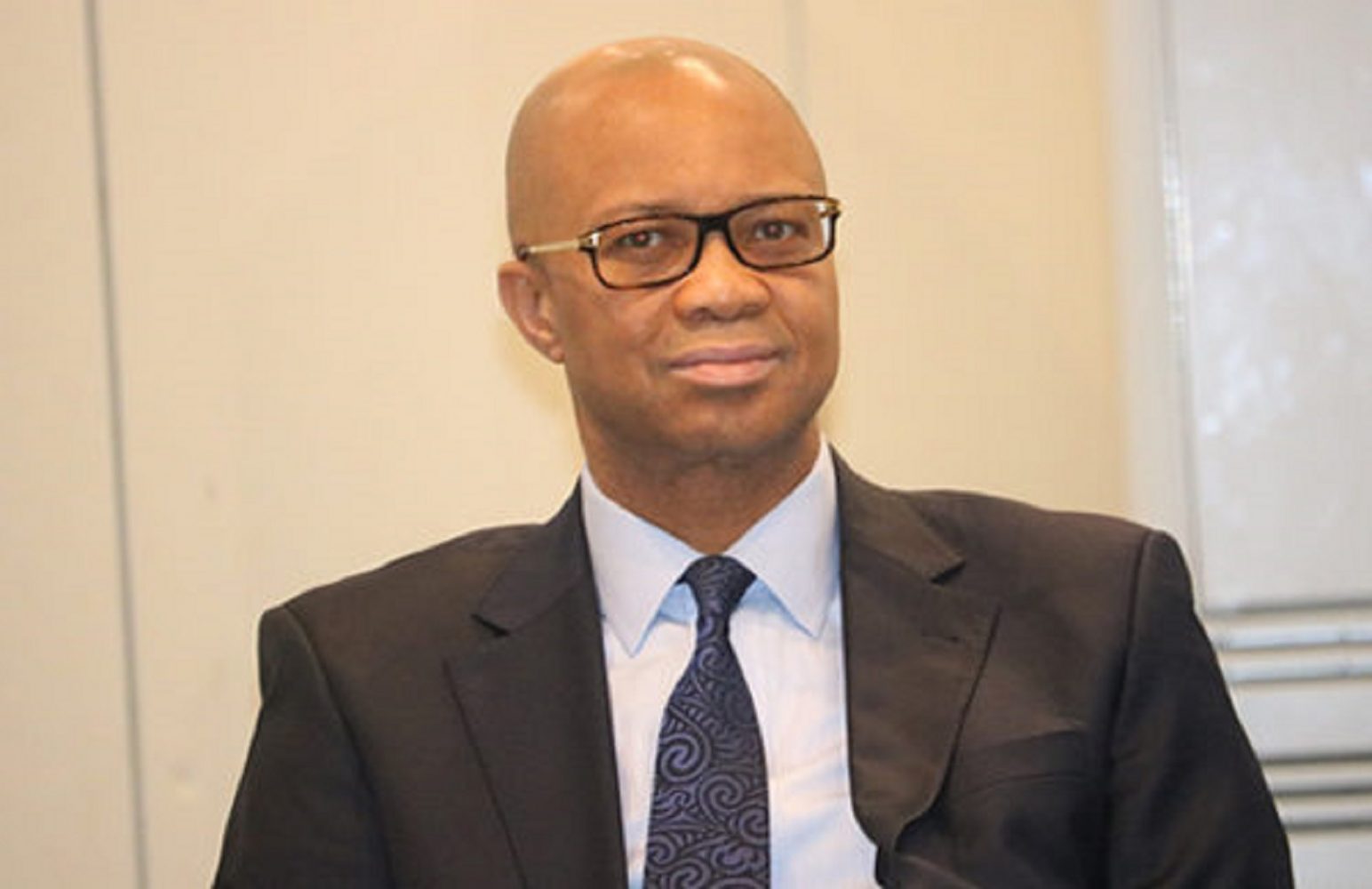The suspended excise duty on telecommunication services has featured again in the 2022 Finance Bill which the National Assembly is currently considering.
If passed into law, Nigerians will have to pay more for calls, data, and other telecommunications services effective from next year.
While the duty was also captured in the 2021 Finance Act, moves by the Ministry of Finance to implement it earlier this year were shut down by the Minister of Communication and Digital Economy, Isa Pantami.
Pantami had faulted the timing and process of imposing the tax on the telecom industry, arguing that part of the responsibility of responsive government is not to increase the problems of the citizens.
Expanded coverage: In the 2022 Finance Bill which President Muhammadu Buhari transmitted to the House of Representatives on Monday, the government is not only restating its commitment to implement the excise duty on telecom services but also expanding the coverage of the law to other services. The bill states:
- “All services, including but not limited to telecommunication services, provided in Nigeria shall be charged with duties of excise at the rates specified under the duty column in the Schedule as the President may by Order prescribe pursuant to section 13 of this Act.”
The fundamentals: The Minister of Finance, Budget and National Planning, Zainab Ahmed said the proposed bill is anchored on five fundamental policy drivers which are:
- Tax Equity
- Climate Change
- Job Creation/Economic Growth
- Tax Incentives Reform
- Revenue Generation/Tax Administration.
According to the Minister, other aspects of the Finance Bill include chargeable assets, exclusion of losses, and replacement of business assets.
The 2022 Finance Bill proposed amendments to some fiscal laws such as the capital gains tax, company income tax, Customs Excise Tariff Act, Federal Inland Revenue Service Act, personal income tax, and Stamp Duties Act.
In case you missed it: Recall that the Minister of Finance, Zainab Ahmed, had in August this year announced the implementation of a 5% excise duty on telecommunications services. This was, however, rejected by the Minister of Communications and Digital Economy, Pantami. Pantami later announced the suspension of the implementation, noting that excessive and multiple taxations already overburdened the telecommunications industry.






















